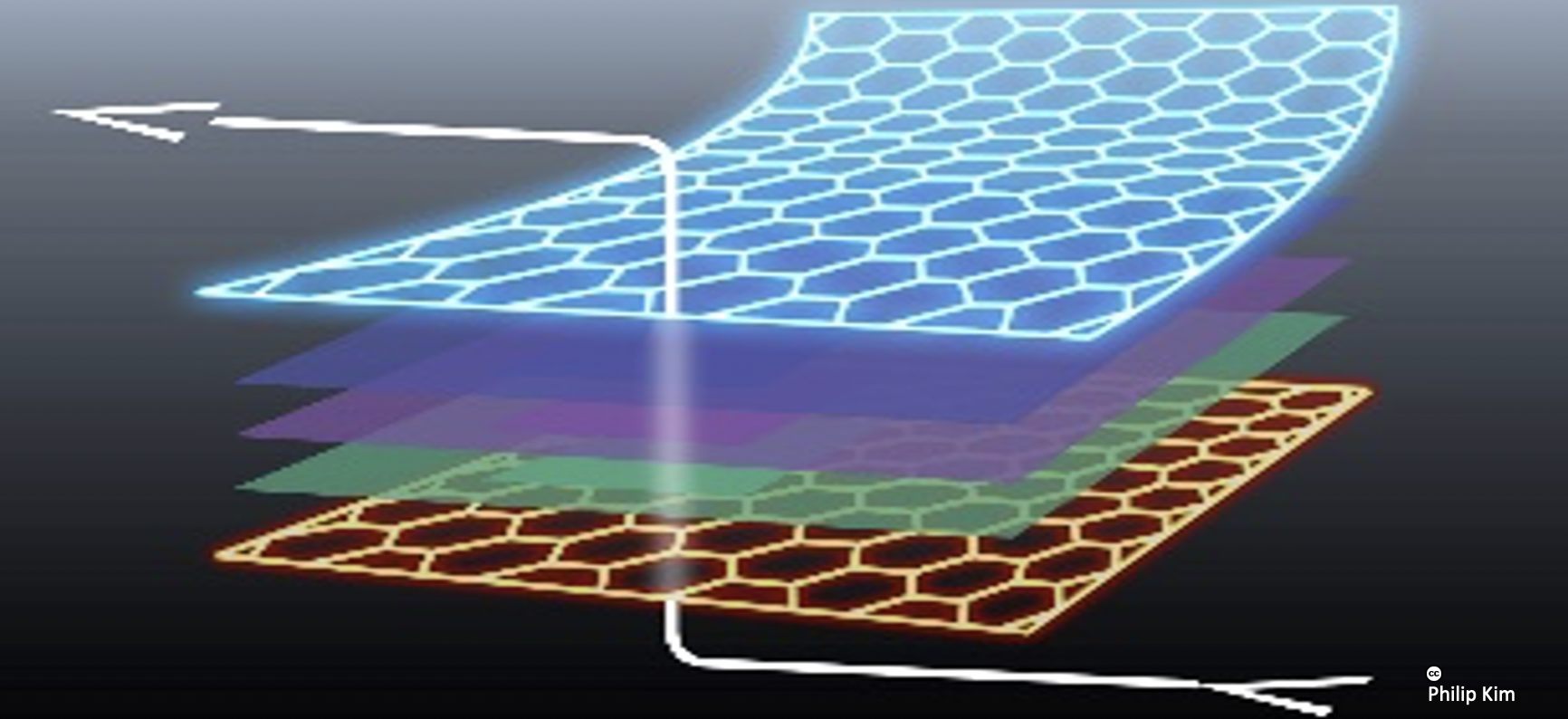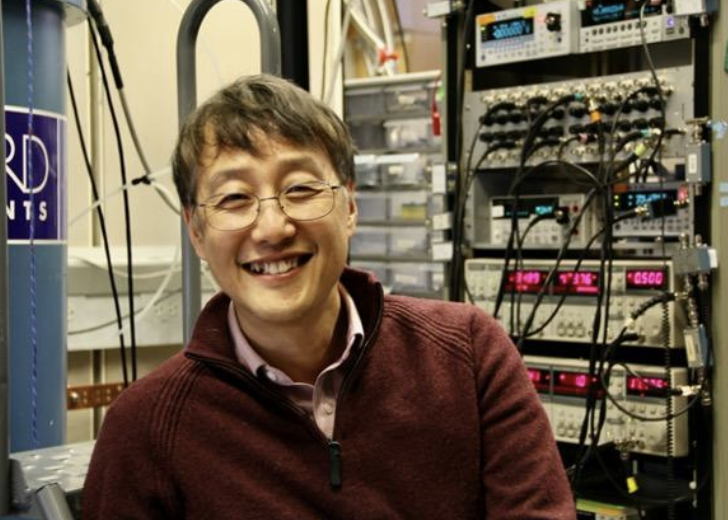
Stacking atomic layers: quest for new materials for novel quantum devices
28th September 2020
Timing : 1 pm EST
For zoom link to the talks, please email mjgc@mit.edu with your institute email and mention affiliation
For a list of all talks at the NanoBio seminar Series 2020, see here
Philip Kim
Professor of Physics and Applied Physics
Harvard University
Professor Philip Kim received his B.S in physics at Seoul National University in 1990 and received his Ph. D. in Applied Physics from Harvard University in 1999. He was Miller Postdoctoral Fellow in Physics from University of California, Berkeley during 1999-2001. He then joined in Department of Physics at Columbia University as a faculty member during 2002-2014. Since 2014, he moves to Harvard University, where he is Professor of Physics and Professor Applied Physics.
Professor Kim is a world leading scientist in the area of materials research. His research area is experimental condensed matter physics with an emphasis on physical properties and applications of nanoscale low-dimensional materials. The focus of Prof. Kim’s group research is the mesoscopic investigation of transport phenomena, particularly, electric, thermal and thermoelectrical properties of low dimensional nanoscale materials. These materials include carbon nanotubes, organic and inorganic nanowires, 2-dimensional mesoscopic single crystals, and single organic molecules. The use of modern state-of-the-art semiconductor device fabrication techniques and the development of new methods of material synthesis/manipulation are essential parts of this research. He has initiated these efforts very successfully, and is continuously making innovations in microscopic experimental tools and methods in order to investigate the electric, thermal/thermoelectric transport properties of the nanoscale materials.
Professor Kim published more than 200 papers in professional journals which are well cited. Professor Kim also received numerous honors and award including Tomassoni-Chisesi Prizes (2018), Vannevar Bush Faculty Fellowship (2018), Experimental Investigator in Quantum Materials Award, Moore Foundation (2014), Oliver E. Buckley Prize (2014), Loeb Lectureship, Harvard (2012); Dresden Barkhausen Award (2011); Yunker Lectureship, Oregon State University, (2011); Chapman Lectureship, Rice University, (2009); IBM Faculty Award (2009); Ho-Am Science Prize (2008); American Physical Society Fellow (2007); Columbia University Distinguished Faculty Award (2007); Recipient Scientific American 50 (2006); National Science Foundation Faculty Career Award (2004). In addition, He has given more than 300 invited presentations as keynote speaker, plenary speakers, and invited speakers in international and domestic conferences, colloquiums and department seminars.
Professor of Physics and Applied Physics
Harvard University
Professor Philip Kim received his B.S in physics at Seoul National University in 1990 and received his Ph. D. in Applied Physics from Harvard University in 1999. He was Miller Postdoctoral Fellow in Physics from University of California, Berkeley during 1999-2001. He then joined in Department of Physics at Columbia University as a faculty member during 2002-2014. Since 2014, he moves to Harvard University, where he is Professor of Physics and Professor Applied Physics.
Professor Kim is a world leading scientist in the area of materials research. His research area is experimental condensed matter physics with an emphasis on physical properties and applications of nanoscale low-dimensional materials. The focus of Prof. Kim’s group research is the mesoscopic investigation of transport phenomena, particularly, electric, thermal and thermoelectrical properties of low dimensional nanoscale materials. These materials include carbon nanotubes, organic and inorganic nanowires, 2-dimensional mesoscopic single crystals, and single organic molecules. The use of modern state-of-the-art semiconductor device fabrication techniques and the development of new methods of material synthesis/manipulation are essential parts of this research. He has initiated these efforts very successfully, and is continuously making innovations in microscopic experimental tools and methods in order to investigate the electric, thermal/thermoelectric transport properties of the nanoscale materials.
Professor Kim published more than 200 papers in professional journals which are well cited. Professor Kim also received numerous honors and award including Tomassoni-Chisesi Prizes (2018), Vannevar Bush Faculty Fellowship (2018), Experimental Investigator in Quantum Materials Award, Moore Foundation (2014), Oliver E. Buckley Prize (2014), Loeb Lectureship, Harvard (2012); Dresden Barkhausen Award (2011); Yunker Lectureship, Oregon State University, (2011); Chapman Lectureship, Rice University, (2009); IBM Faculty Award (2009); Ho-Am Science Prize (2008); American Physical Society Fellow (2007); Columbia University Distinguished Faculty Award (2007); Recipient Scientific American 50 (2006); National Science Foundation Faculty Career Award (2004). In addition, He has given more than 300 invited presentations as keynote speaker, plenary speakers, and invited speakers in international and domestic conferences, colloquiums and department seminars.
